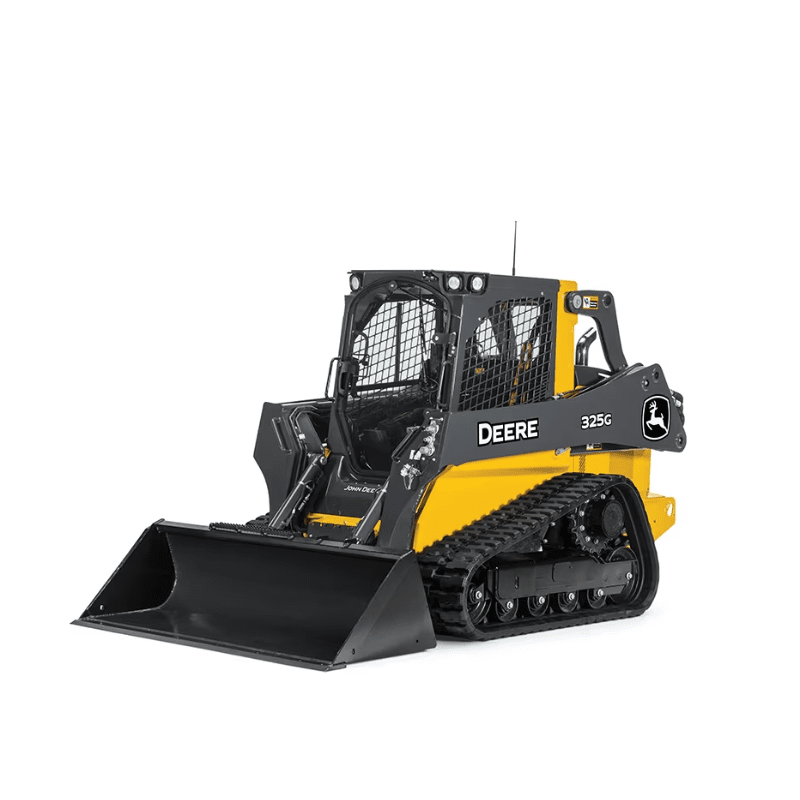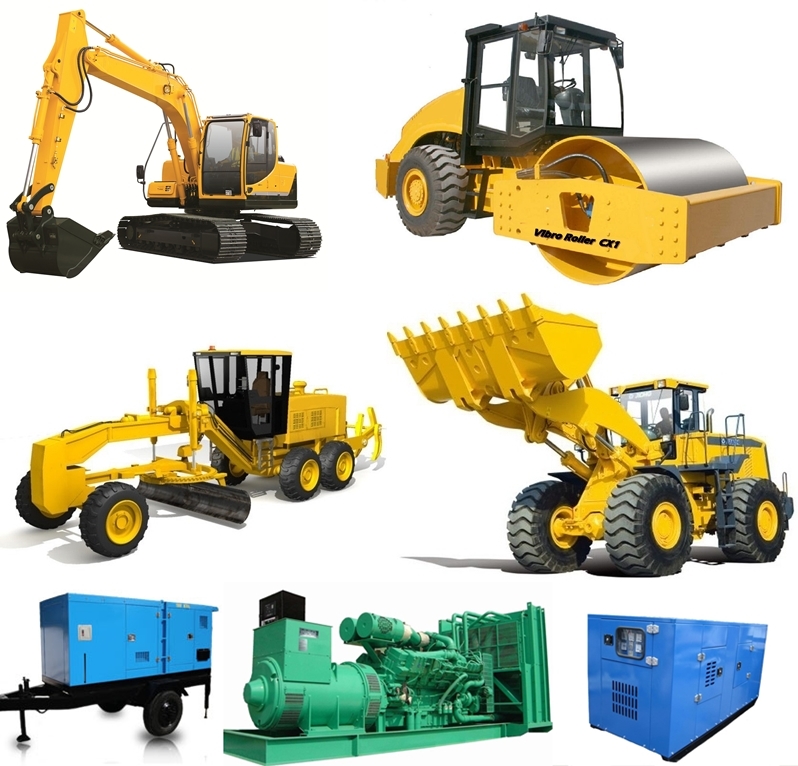Construction Equipment Rentals: Sturdy Machinery for Your Jobs
Construction Equipment Rentals: Sturdy Machinery for Your Jobs
Blog Article
Maximize Your Spending Plan by Comprehending the Costs Linked With Building And Construction Equipment Leasings
Understanding the full range of expenses related to building and construction equipment rentals is critical for maximizing your spending plan. While the initial rental cost might appear straightforward, numerous added costs-- such as transportation, fuel surcharges, and upkeep-- can promptly accumulate, affecting your financial preparation. Moreover, recognizing various charges and the complexities of rental arrangements can help avoid unforeseen financial burdens. What methods can be employed to successfully take care of these costs and make sure a much more reliable rental experience?
Review of Rental Expenses
When taking into consideration construction equipment rentals, recognizing the linked expenses is extremely important for effective budgeting and task planning. Rental expenses can differ significantly based upon a number of aspects, consisting of equipment type, period of rental, and location. The preliminary rental fee usually shows the devices's market need and its connected operational capacities, influencing the total expense.
In enhancement to the base rental price, ancillary costs may emerge, such as transport charges, fuel surcharges, and upkeep costs. It is vital to represent these added expenditures to precisely examine the complete cost of leasing equipment. Furthermore, the rental period can impact prices; longer services may certify for reduced prices, while short-term services could sustain higher daily fees.

Malfunction of Rental Prices
An extensive understanding of rental prices is essential for service providers and job supervisors aiming to maximize their spending plans. Rental prices for building and construction equipment usually contain a number of components, including base rates, time-based fees, and use charges.
Base rates are the core costs related to the leasing of the equipment, commonly identified by the kind and size of the equipment. These prices can vary dramatically, influenced by variables such as equipment need, availability, and regional market trends. Time-based charges, which may be daily, weekly, or monthly, offer to fit different task timelines and rental periods.
Additionally, rental prices might consist of use fees, which are applicable when devices is utilized past a specified limit, guaranteeing that the rental company can make up deterioration. Seasonal demand changes can also impact rental prices, with peak building and construction periods generally regulating higher rates.
Furthermore, comprehending the rental business's policies pertaining to upkeep and insurance coverage can provide additional understanding into the overall cost structure. By assessing these components, service providers can make enlightened decisions, ensuring the selection of rental devices aligns with both project needs and spending plan restrictions.
Additional Fees to Take Into Consideration
Understanding the ins and outs of extra fees is crucial for professionals to manage their total rental costs efficiently. Past the basic rental prices, various auxiliary charges can significantly impact the overall expense of equipment leasing. These charges often consist of delivery and pickup fees, which can vary based on distance and logistics helpful resources associated with transporting the devices to and from the job website.
Additionally, some rental firms might enforce fuel surcharges if the devices is returned with less fuel than when rented out. It is also vital to be mindful of possible cleaning charges, especially for specialized devices that needs complete upkeep after usage.

Extensively reviewing the rental arrangement and clarifying these additional costs ahead of time can assist professionals make certain and stay clear of unanticipated costs that budgets stay undamaged throughout the job lifecycle.
Upkeep and Fixing Expenditures
Regular maintenance and repair work expenses are often overlooked variables that can substantially influence the general cost of construction devices rentals. When renting out equipment, it is essential to consider not just the rental costs but also the possible expenses related to keeping the machinery in optimal operating problem.
Lots of rental firms consist of fundamental upkeep as part of the rental agreement; nevertheless, more considerable repairs or unanticipated malfunctions can bring about added expenditures. It's necessary to examine the rental contract very carefully to recognize what upkeep solutions are covered and what responsibilities drop on the occupant.
Moreover, tools that is not well-kept can cause inefficiencies on duty site, possibly enhancing and causing delays task prices. To mitigate these risks, it is a good idea to conduct regular evaluations and preserve open interaction with the rental copyright relating to any kind of problems that emerge during usage.
Insurance Coverage and Responsibility Expenses
Insurance coverage and responsibility expenses are vital components that can substantially impact the total expense of building tools rentals (equipment rental company). These costs ensure that both the rental company and the client are safeguarded from potential financial losses developing from accidents, damage, Our site or burglary throughout the rental period

In addition, clients must understand any kind of deductibles or exemptions in the insurance plan, as these can influence potential out-of-pocket expenses. Recognizing the conditions of any kind of insurance coverage is crucial to prevent unanticipated expenses. Ultimately, budgeting for insurance and obligation expenditures can aid make certain a smoother rental experience and protect against economic risks connected with construction jobs.
Final Thought
In final thought, an extensive understanding of the costs linked with building and construction devices leasings is important for efficient spending plan monitoring. Ultimately, educated decision-making relating to devices services adds to the general success of building ventures.
Rental costs can vary significantly based on several factors, consisting of devices kind, period of leasing, and area (mini excavator rental). The rental duration can affect rates; longer rentals might certify for reduced rates, while short-term services could incur higher day-to-day charges
By conducting extensive research and engaging with trusted rental firms, specialists can effectively navigate the complexities of rental pricing, ultimately maximizing their monetary sources.
Beyond the like it standard rental rates, various extra costs can significantly impact the overall expense of equipment service. Rental firms frequently give obligation insurance that covers injuries to third parties or damage to property, while tools damages insurance coverage can cover the expense of repair work or replacement if the leased equipment is harmed.
Report this page